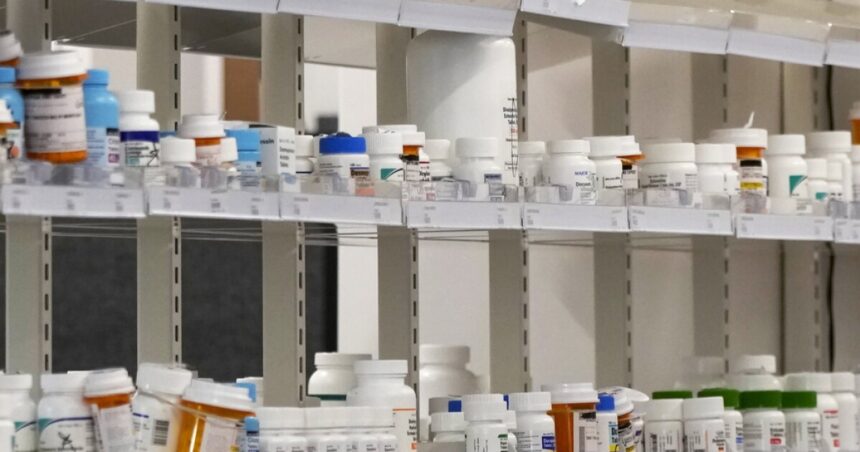The Biden-Harris administration has announced a new program that aims to save millions of Americans $1.5 billion in the first year by reducing the cost of specific prescription drugs.
These drugs are commonly used to treat various conditions such as heart disease, cancer, diabetes, and blood clots.
The savings from these negotiations are expected to range between 38% and 79% for a 30-day supply, providing significant relief for consumers.
Among the initial medications targeted are two blood clot treatments, Eliquis and Xarelto, which currently cost around $520 for a 30-day supply. However, by 2026, their prices are projected to drop to close to $200.
Furthermore, three diabetes medications – Jardiance, Januvia, and Farxiga – are also listed for negotiations. These drugs, which were used by 3.7 million Medicare enrollees in 2023, are expected to see reductions of between 66% and 79% in their monthly costs.
Additional drugs included in the negotiation list are Entresto, Enbrel, Imbruvica, and Stelara.
Health policy professor Stacie Dusetzina from Vanderbilt University describes the potential savings for Medicare beneficiaries as a historic event, estimating that implementing this pricing structure in 2021 could have saved the program $6 billion.
While Medicare recipients stand to benefit from these lowered drug prices, the impact on those with private insurance plans remains uncertain. Dusetzina suggests that plans and patients may advocate for similar reductions in the future.
The Biden administration plans to expand negotiation efforts to up to 15 additional Medicare Part D drugs in 2025, followed by 15 more Medicare Part D and B drugs in 2026, with further expansions in subsequent years.
RELATED STORY | Medicare is negotiating drug prices. Here’s why that matters





